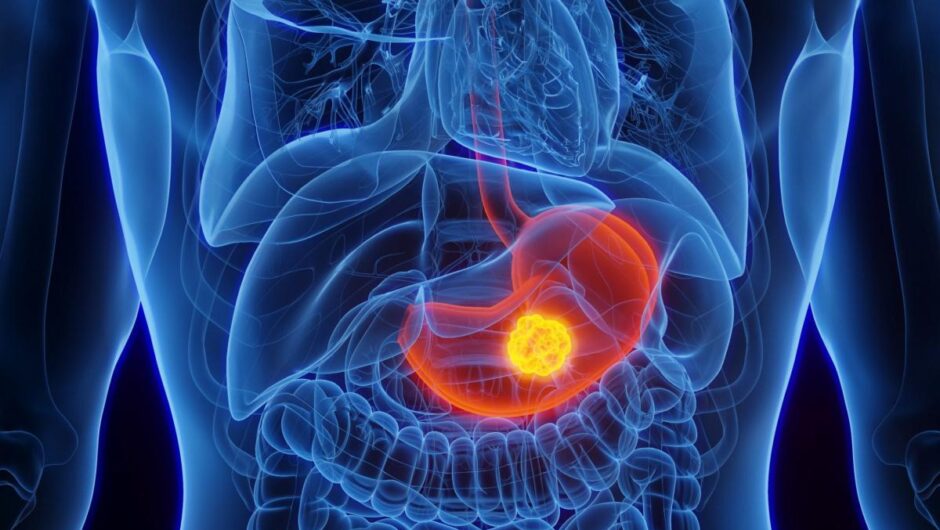[ad_1]
The coronavirus morning headlines for Thursday, February 18 as the Welsh cabinet meets today to discuss the latest review of restrictions.
Welsh cabinet members will consider the latest scientific evidence before First Minister Mark Drakeford announces any changes on Friday, February 19.
There have been warnings that any easing of the current rules will be “minimal” and Mr Drakeford has warned that any changes will be “marginal”. An updated roadmap out of lockdown will also be published on Friday. The restrictions that could be lifted are here.
Primary school pupils in the Foundation Phase years, aged three to seven are due to return to school on Monday, February 22 in most areas of Wales.
Infection rate remains high but is falling
A new study has shown that lockdown measures are driving down coronavirus infection levels but the overall rate remains high.
The research, which saw more than 85,000 swab tests between February 4 and 13, showed that Covid-19 infections remained high but had dropped to just one in 200 people testing positive.
The findings from Imperial College London’s React study show that infections declined markedly from January into February.
According to the study, the R number for England is 0.72 and the number of infections is halving every 14.6 days.
Steven Riley, professor of infectious disease dynamics at Imperial College London, said: “This is good news.
“This is a better decline than many people would have hoped for, certainly when we were thinking about this at the end of December.”
He added: “This is all very encouraging and it’s definitely good news.
“The note of caution is that clearly there’s still a lot of pressure on hospitals, both in terms of number of new admissions, and in the total number of people in hospitals.
“So the trend is great, but because prevalence is high, there essentially isn’t a lot of headroom – there isn’t a lot of leeway.
“Because if for any reason, we do return to growth then we’re immediately at levels of hospital pressure the same as in the peak of the first one.”
Latest figures show the infection rate across Wales has now dropped to 85.8 per 100,000 population based on the seven days up to February 12, a decrease from 88.2 on Tuesday. It is the lowest it has been since September.
Sign up to the WalesOnline newsletter to receive our top stories straight to your inbox.
It takes just seconds to sign up – simply click here, enter your email address and follow the instructions. You can also subscribe to tailored content for rugby, politics, Swansea, Newport, Cardiff City FC, Swansea City FC and more.
Changed your mind? There’s an ‘unsubscribe’ button at the bottom of every newsletter we send out.
PM waiting on vaccine data before publishing England roadmap
The roadmap out of lockdown in Wales is due to be published on Friday and Boris Johnson is expected to announce a similar plan for England early next week.
The Prime Minister is awaiting new data on the impact of vaccines on coronavirus after stressing he will take a “cautious and prudent approach” to easing England’s third national lockdown.
The Prime Minister is understood to be expecting evidence on the impact of the UK’s jabs programme on hospital admissions and deaths by the end of Friday, ahead of setting out his “roadmap” next week.
But it was unclear whether the early data would include the impact on transmission, with the results of two key Public Health England (PHE) studies potentially not ready until next month.
Mr Johnson stressed on Wednesday that any easing of restrictions needs to be in stages and in an “irreversible” way as he was urged to focus on the evidence rather than deadlines when lifting restrictions.
During a visit to a mass vaccination centre in Cwmbran, he was asked about a call from the Ministry of Defence’s chief scientific adviser, Professor Dame Angela McLean, for any unlocking to be based on “data, not dates”.
“I do think that’s absolutely right,” the Prime Minister told reporters.
“That’s why we’ll be setting out what we can on Monday about the way ahead and it’ll be based firmly on a cautious and prudent approach to coming out of lockdown in such a way to be irreversible.”
Boris Johnson explains visit to Wales during lockdown
During his visit to a mass vaccination centre in Cwmbran on Wednesday, the Prime Minister said it was important for him to travel to Wales to see firsthand how people are managing the rollout of the coronavirus vaccination programme.
But one Welsh minister said in an ideal world it would have been better for Wales if Boris Johnson had stayed at home.
During Wednesday’s press briefing for Wales Baroness Eluned Morgan, the Welsh Government wellbeing minister, cast doubts on whether she would class the PM’s trip as essential travel.
Mr Johnson has previously come under fire from both Scottish First Minister Nicola Sturgeon and Welsh First Minister Mark Drakeford after he travelled north to visit a Lighthouse Laboratory in Glasgow in January.
Ms Sturgeon said the one-day trip was “non-essential” while Mr Drakeford said “people who make Covid-19 rules should follow them”.
But on Wednesday Mr Johnson said it was right for him to hear “directly” from people around the UK and he did not apologise for this journey over the border.
After stopping off at the mass vaccination centre in Cwmbran Mr Johnson then caught up with officers from South Wales Police.
The PM commended the “huge operation” and all the NHS staff who had made a “stupendous effort” to administer 6,000 vaccinations at the Cwmbran Stadium since the programme began.
“My job is to oversee the rollout of the vaccination programme and go round the country thanking everybody who’s doing it,” the PM said.
“I think it’s right for me to do that and right for people to hear from me and also hear them put their points to me directly wherever I go around the country about how they see things, what they want done, and I think it’s a very important part of getting this job done.”
New cases of South African variant found in Wales
Four new cases of the South African variant of coronavirus have been found in Wales, bringing the total number to 17.
Public Health Wales said the four new cases are all linked with international travel or have relevant contacts, and there is no evidence of wider community transmission.
Three of the new cases were identified in west Wales and all had links to international travel. The remaining new case was identified as part of contact tracing associated with the case which was already known about in Neath Port Talbot.
Public Health Wales is working with the Welsh Government, Betsi Cadwaladr, and Swansea Bay University Health Boards, and Carmarthenshire, Conwy, Neath Port Talbot councils to investigate cases with no known link to travel or relevant contacts.
It said no outbreak has been declared.
‘Dangerous’ leaflet spreading misinformation about coronavirus vaccination
A leaflet spreading “dangerous” misinformation about coronavirus vaccines has been sent to homes in Wales.
The printed leaflet, which makes numerous false claims encouraging people to question the safety and efficacy of approved vaccines, was received by some residents in the Caerleon area of Newport this week.
Among the falsehoods included in the letter were claims that “the vaccine is experimental in children, pregnant women, and those with any health condition”.
The leaflet’s authors also encourage doubt by referring to the comparatively short period of time it took to develop and approve vaccines such as the Oxford/AstraZeneca vaccine. You can read all about how vaccines have been developed so quickly while others have taken years here.
Find out how many coronavirus cases are in your area
21% of Covid patients with diabetes ‘die within 28 days of hospital admission’
One in five diabetes patients admitted to hospital with Covid-19 die within 28 days, research suggests.
Results from an ongoing study by the University of Nantes in France showed that one in eight diabetes patients admitted to hospital with coronavirus were still in hospital 28 days after they first arrived.
Diabetes UK said understanding which people with the condition are at a higher risk if they are admitted to hospital with Covid-19 will help to improve care and save lives.
The findings show that within 28 days of being in hospital 577 of the 2,796 patients studied (21%) had died, while almost 50% (1,404) had been discharged from hospital, with a typical stay of nine days.
Around 12% remained in hospital at day 28, while 17% had been transferred to a different facility to their initial hospital.
The authors of the CORONADO (Coronavirus SARS-CoV-2 and Diabetes Outcomes) study, published in the Diabetologia journal, said: “The identification of favourable variables associated with hospital discharge and unfavourable variables associated with death can lead to patient reclassification and help to use resources adequately according to individual patient profile.”
Read More
Related Articles
Read More
Related Articles
[ad_2]
Source link



